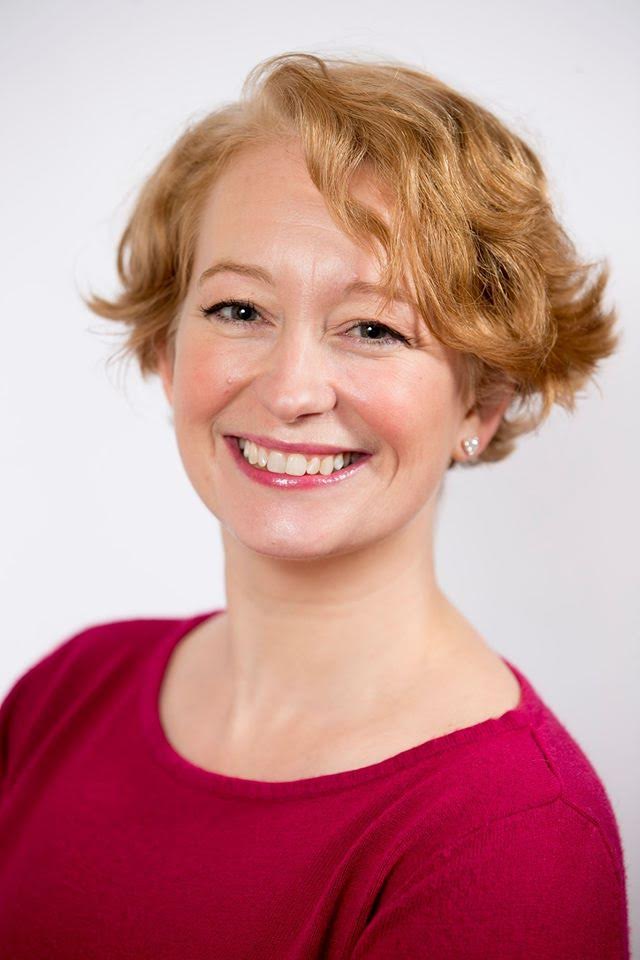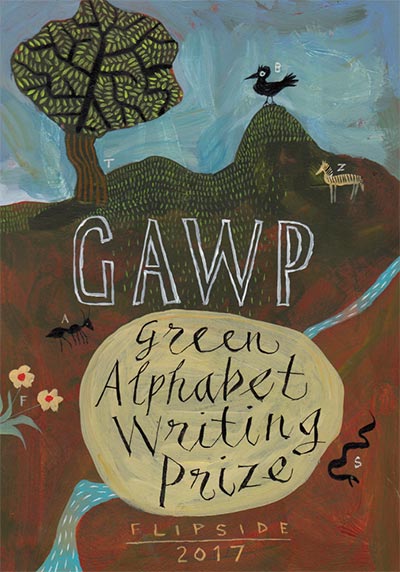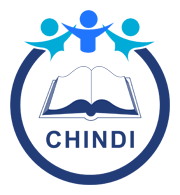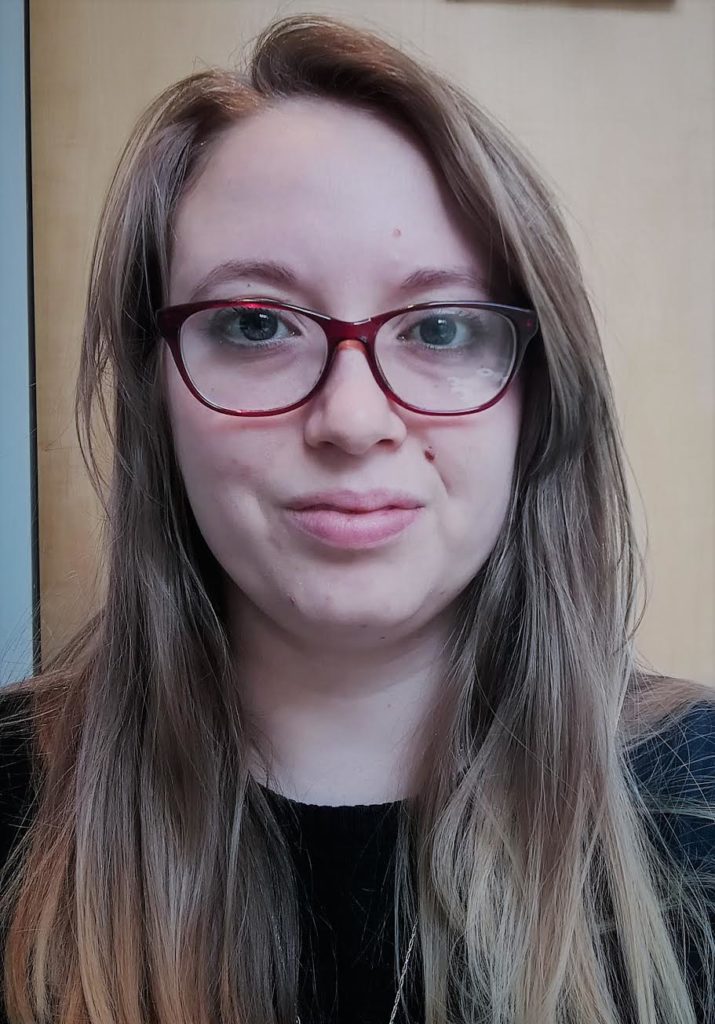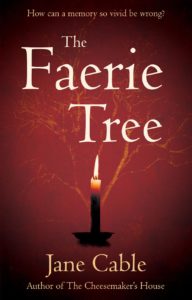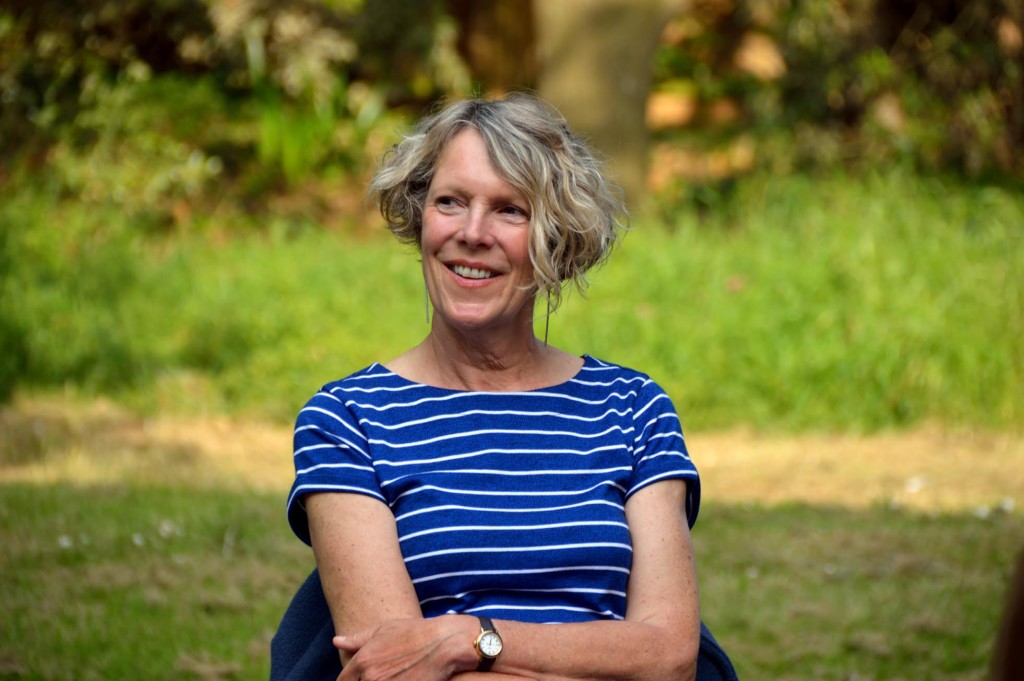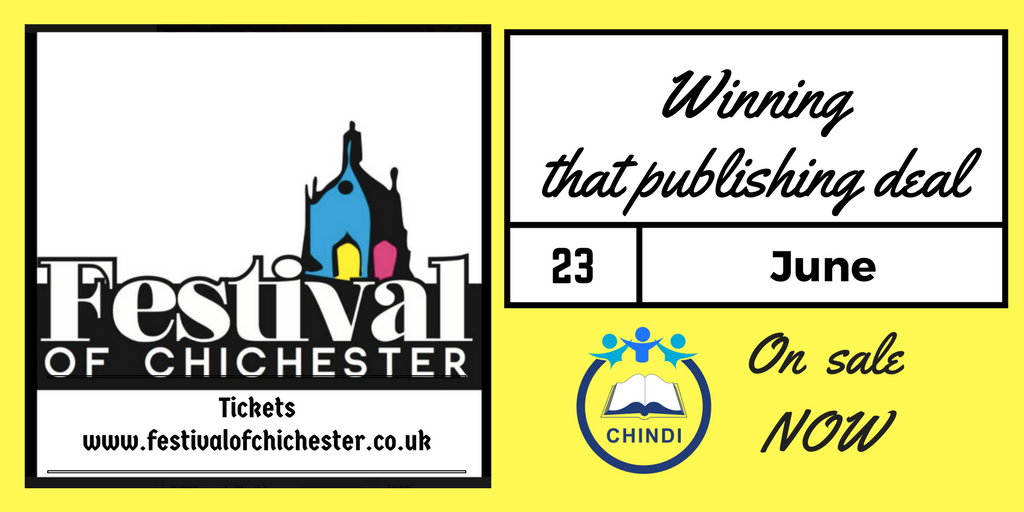 Business of Books: Planning for successJane Cable talks to Barbara Copperthwaite, Bookouture’s latest best-selling author
Business of Books: Planning for successJane Cable talks to Barbara Copperthwaite, Bookouture’s latest best-selling author
How much of your working life does the business of books take up?
It’s almost a 50/50 split. A huge part of the business of books is social media activity. Networking with fellow authors and bloggers, and interacting with readers is so important. It builds relationships, and ultimately I believe that the business of books is about people. Marketing takes up a huge chunk of time, be it generating original content for your own website and blog (I have both, as I find they service slightly different purposes and appeal to different people) or writing guest posts for others to use. Of course, the rest of the time is spend actually writing the books!
What’s your business model to earn a living from writing?
I always remember my dad telling me that a new business takes an average of two years to make a profit. I went into self-publishing my books with that in the back of my mind, and very much thinking of it as an entrepreneurial venture. I ensured I had enough money behind me to survive for two years without making any profit at all. It’s been tough, but I had a three-year plan in mind – self-publish for two years, make a name for myself, make contacts, then get a publishing deal.
I was stupidly naïve though. I’d never had a Twitter or Facebook account, and no clue that book reviewers even existed online, let alone had such huge influence. Despite that, my first book, Invisible, became a genre bestseller on Amazon. Flowers For The Dead, my second novel, built on that success, becoming not just a genre bestseller but a bestseller, proper – largely because I had by then built up a small but genuine following on social media. Incidentally, for those who dismiss social media as unimportant, you are missing its point. It is not about shouting continually about how great your book is and why people must buy it. It’s about genuinely engaging with people.
All of this begs the question: if I was doing so well, why did I want a publishing deal? Because I know enough about business to realise I am not a natural business person. I have the knowledge and drive to get me so far, but I’m not capable of pushing myself to the next level. The most successful self-published authors I know are not just brilliant writers, but brilliant business people, too. They are great with numbers, marketing, and all manner of other things. I’m not – I’m a writer. Of all the publishers, the one that appealed most to me was Bookouture, a digital only publisher that is growing quickly, has a reputation for picking winners, and is really making waves in the industry (so much so that they were recently acquired by Hachette). I was lucky enough to be taken on by them after submitting my third novel, The Darkest Lies.
I have to add that the fact everything in my three-year plan has actually happened has taken me hugely by surprise, as I honestly thought it was probably a pipe dream.
What do you write and what do you consider to be your major successes?
I write psychological thrillers with a dark edge. I like to explore how ordinary people cope when they find themselves in extraordinary circumstances, what can push someone to kill, how a person can be manipulated without them realizing it. I always say that I write ‘whydunits’ rather than ‘whodunits’.
My major successes don’t necessarily have anything to do with selling a lot of books. It might sound cheesy, but every single time someone tells me they’ve enjoyed one of my books, is a success. Becoming a bestseller for the first time was absolutely incredible, as was being signed by my agent, and being offered my book deal (there was a lot of shouting and jumping up and down in excitement when I got that email!). Beating Lee Child to be chosen as the Sunday Mirror’s Choice Read was definitely a feather in my cap – little old indie author me, beating a multi-million selling, global author. Being contacted by a number of women who have told me how realistic my portrayal of an emotionally abusive relationship is in Invisible. All those things mean the world to me. They are the sort of thing I used to day dream about, and hoped might happen, but never dared believe they would. In which case, fact that my dreams are coming true has to be my biggest success.
Tell me about your latest project.
The Darkest Lies has just been published. When teenager Beth Oak is found beaten almost to the point of death, her mother, Melanie is determined to find the attacker. Someone in the village must have seen something. Why won’t they talk?
I’ve just finished writing a psychological thriller set within a seemingly normal family in the run up to Christmas. As the festive day draws closer, tension grows towards an explosive ending where nothing is as it seems. That will be out in September.
And, because I like to keep busy, I’ve just started a novel featuring a journalist who finds herself drawn reluctantly into investigating a serial killer who seems to be linked to her.
Barbara Copperthwaite is the best-selling author of psychological thrillers Invisible, Flowers For The Dead, and The Darkest Lies. Her first two novels were self-published, and she has now signed with Bookouture, an imprint of Hachette. When not writing, she likes to hide behind a camera and photograph wildlife.

